Millennials, who once heralded a new era of political engagement, are now increasingly disenchanted. But why exactly have they lost faith?
1. Broken Promises From the Coalition Government

The increase in university tuition fees in 2010, under the coalition government of Conservatives and Liberal Democrats, starkly contradicted previous promises, particularly by the Lib Dems who had pledged to oppose any such increase. This betrayal significantly dampened young people’s trust in political promises.
2. The Austerity Measures Post-2008

Following the 2008 financial crisis, austerity measures introduced by the Conservative government led to cuts in public services and welfare, disproportionately affecting young people and shaping their views on economic policies.
3. Disillusionment After the Brexit Referendum
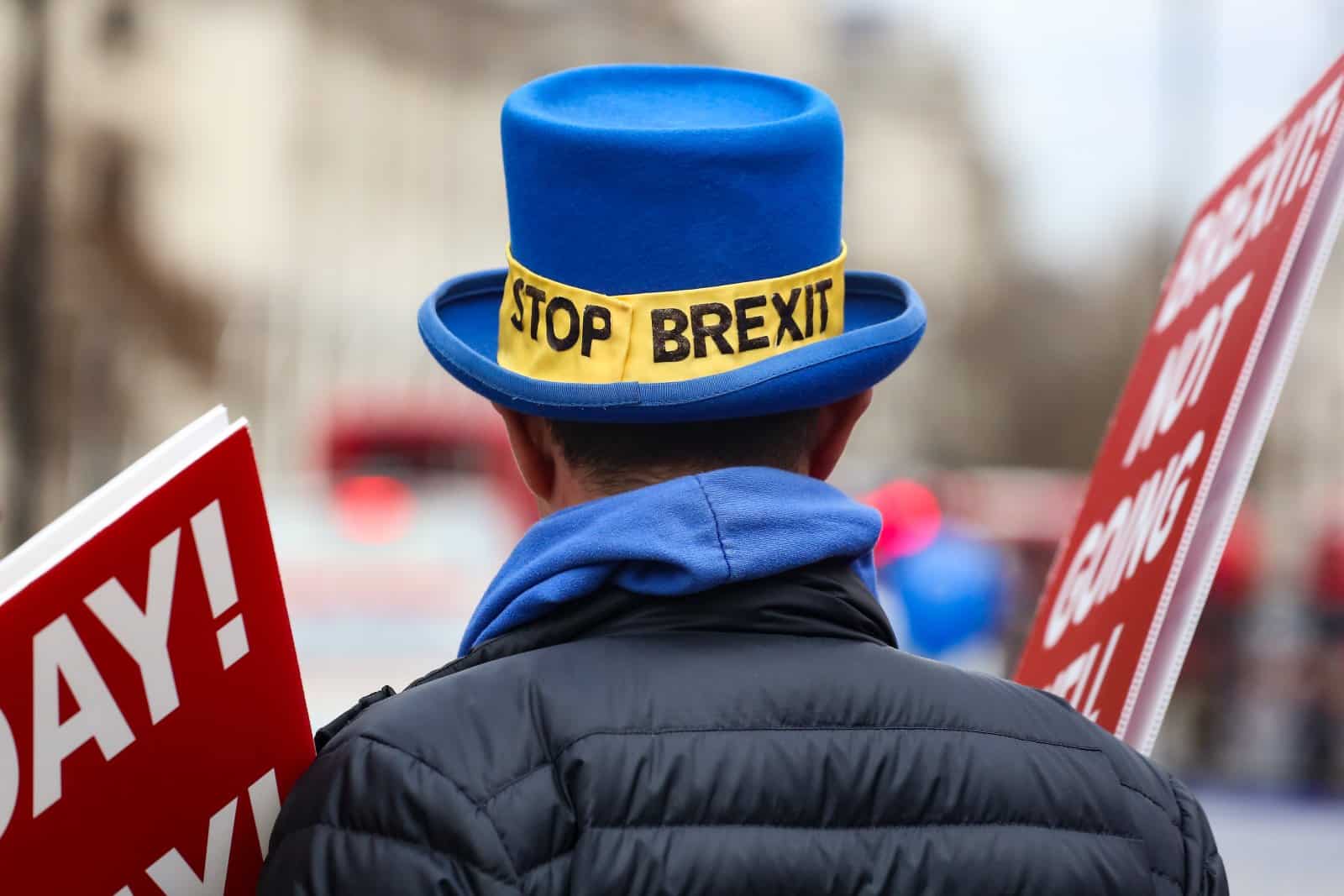
The 2016 Brexit referendum, where 75% of young voters chose to remain in the EU, resulted in a decision largely driven by older generations. This deepened millennials’ sense of disenfranchisement from the political process.
4. The Impact of the “Gig Economy”

The rise of insecure and temporary employment arrangements, often referred to as the “gig economy,” has left many millennials feeling economically unstable and skeptical of the government’s commitment to workers’ rights.
5. The 2017 General Election’s Mixed Messages
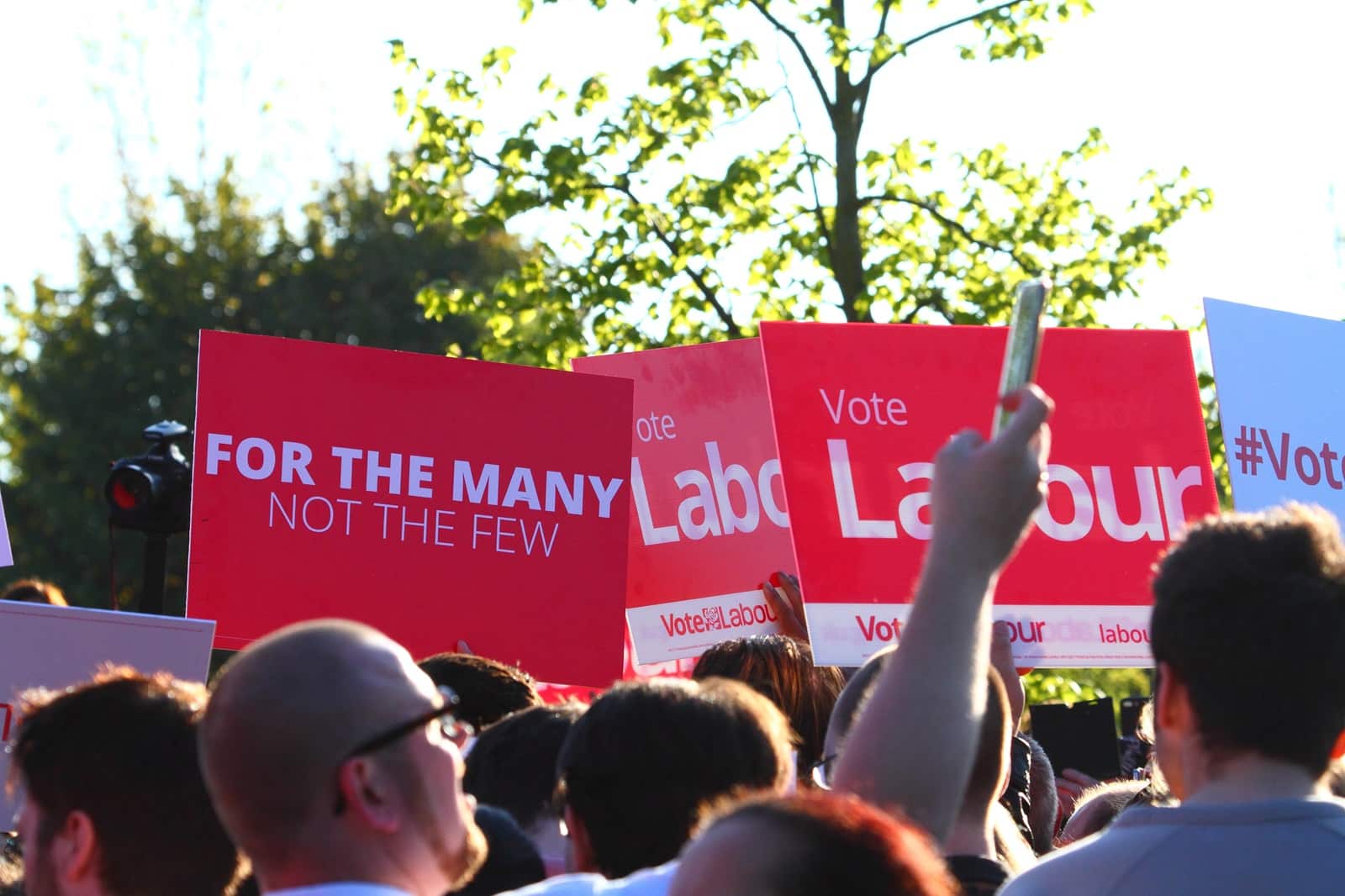
The surge in youth turnout for the Labour Party in the 2017 general election, driven by promises of cancelling student debt and investing in public services, ended in a hung parliament, leading to further political instability and skepticism.
6. Scandals and Corruption Perception

Ongoing political scandals, including the 2020 expenses scandal and various lobbying controversies, have reinforced millennials’ perceptions of corruption and self-serving politicians.
7. Climate Change Inaction

Despite growing up with a strong awareness of environmental issues, millennials see insufficient governmental action on climate change, exacerbating their political disillusionment.
8. The Housing Crisis

Continuous inaction on the housing crisis, with home ownership remaining out of reach for many young people, fuels dissatisfaction with political leadership and policy effectiveness.
9. The Rise of Populism
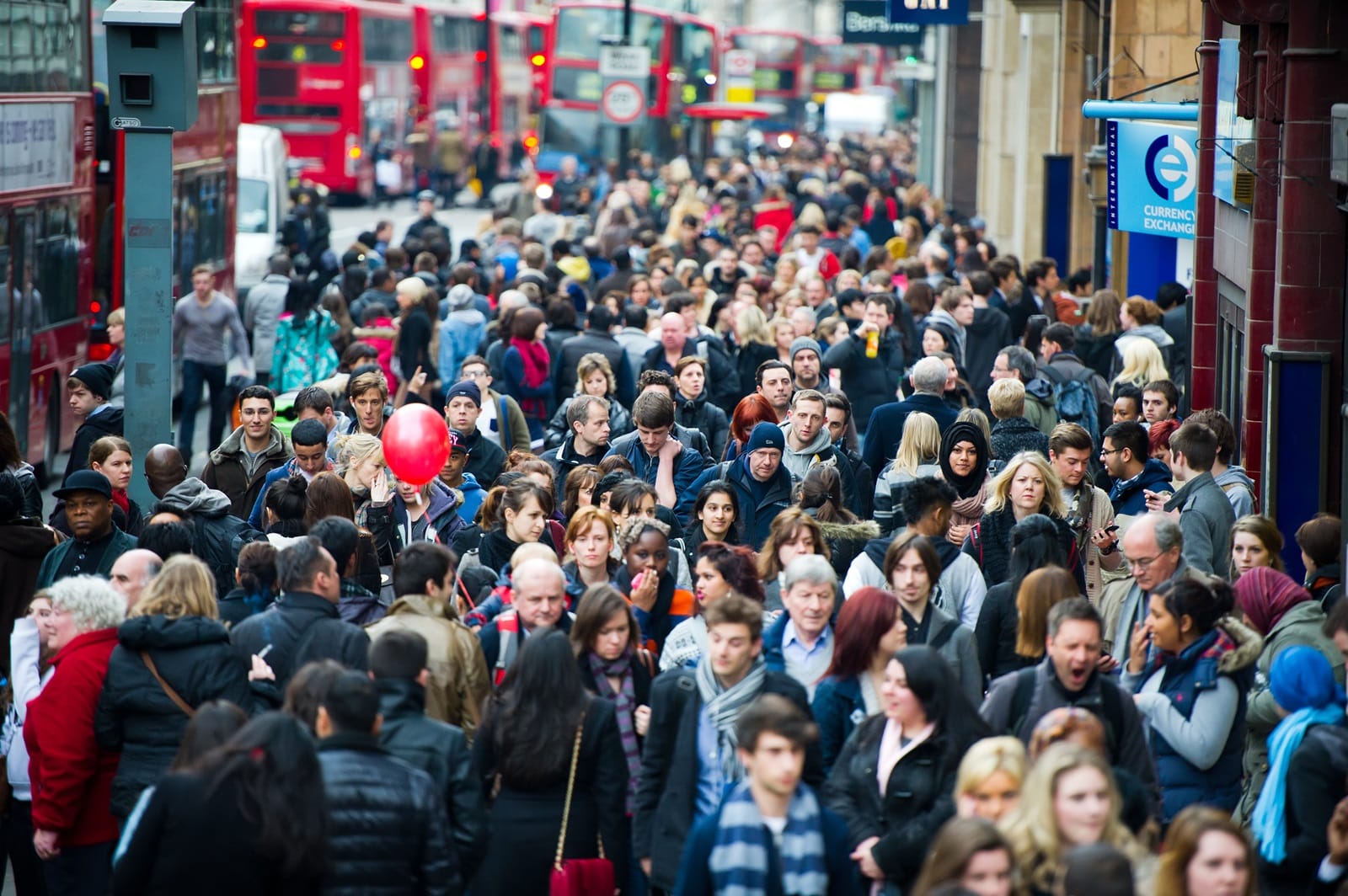
The global rise of populist leaders and divisive politics, seen in figures like Donald Trump and movements within the UK itself, has led to a political climate that many millennials find off-putting and alienating.
10. Social Media’s Echo Chambers

The prevalence of social media has created echo chambers that often reinforce cynicism and apathy, as political discourse appears more polarized and less constructive.
11. Lack of Representation
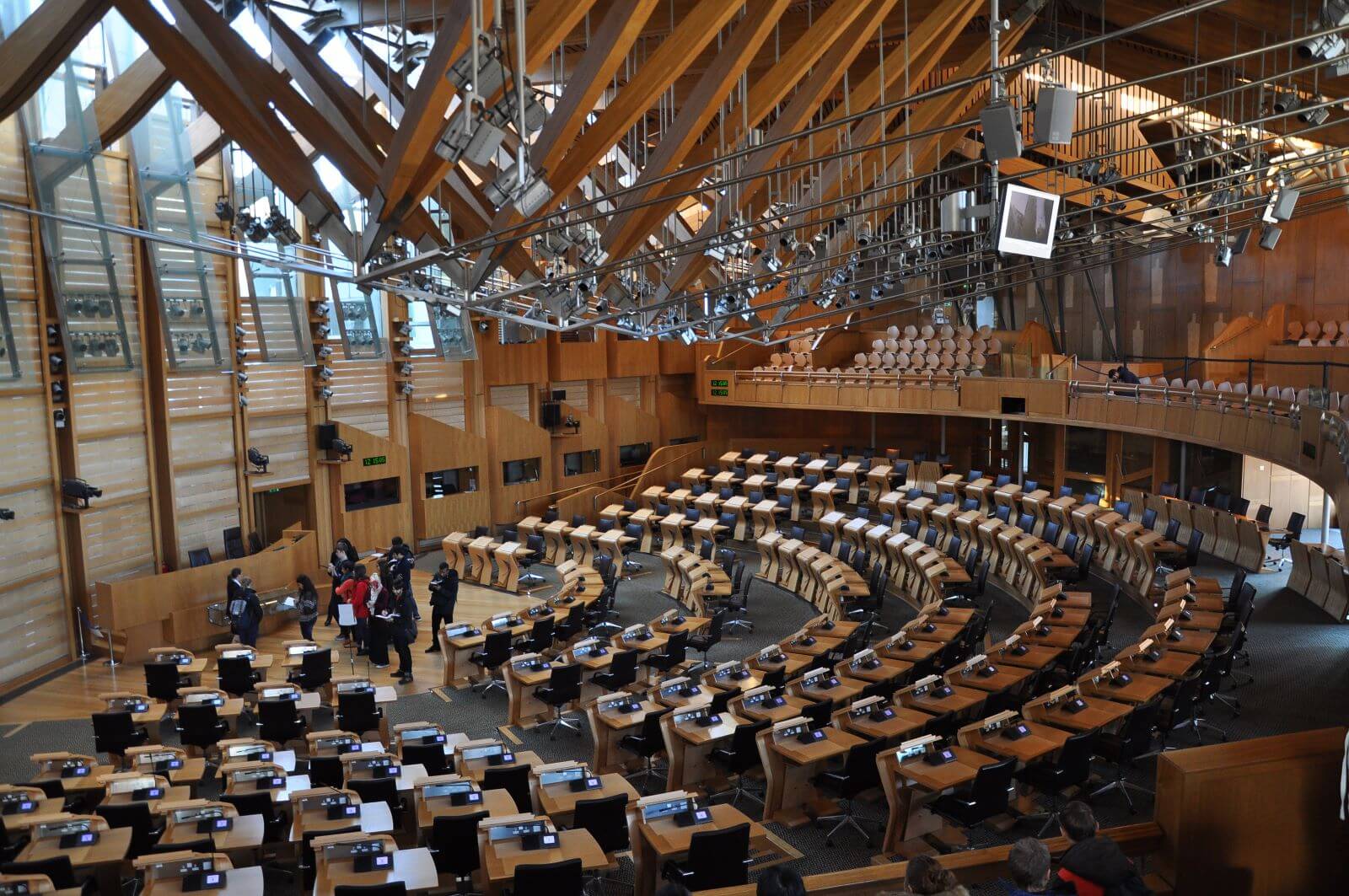
The underrepresentation of young people in Parliament and local councils contributes to a feeling that the political system does not reflect their interests or values.
12. Mental Health Epidemic

As mental health issues increase among young adults, the perceived lack of government action to address this crisis contributes to feelings of neglect and disillusionment.
13. Student Loan Burden

The heavy burden of student loans, with many millennials feeling trapped by their financial obligations, underscores a broader sense of economic hopelessness.
14. Disengagement With Mainstream Media

Millennials’ disengagement from traditional media, which they often view as biased or irrelevant, limits their exposure to diverse political perspectives and deepens their apathy.
15. Political Polarization
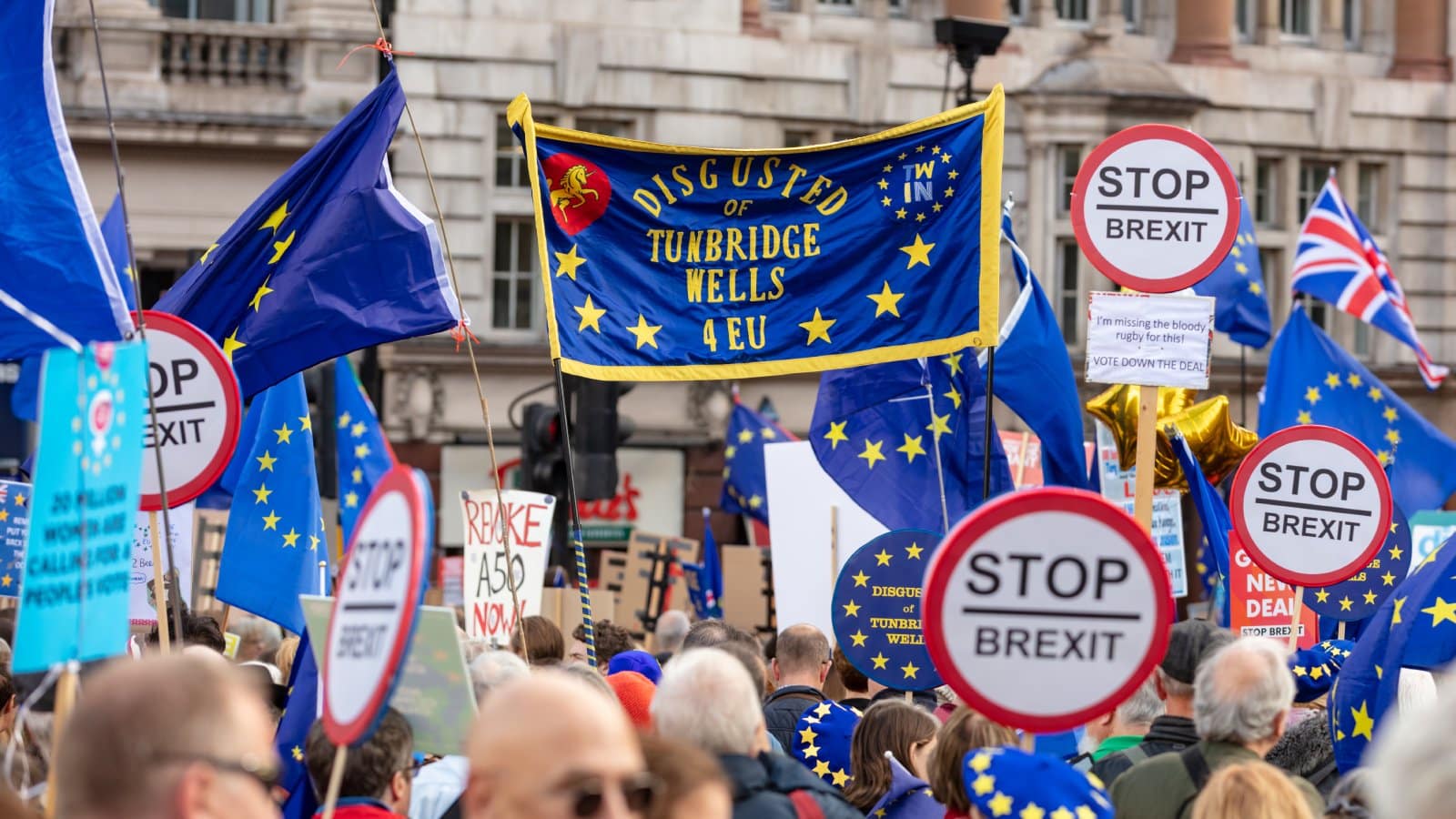
Intense political polarization, especially visible during events like the Brexit campaign, makes politics seem more about conflict than about effective governance and problem-solving.
16. Erosion of Civil Liberties
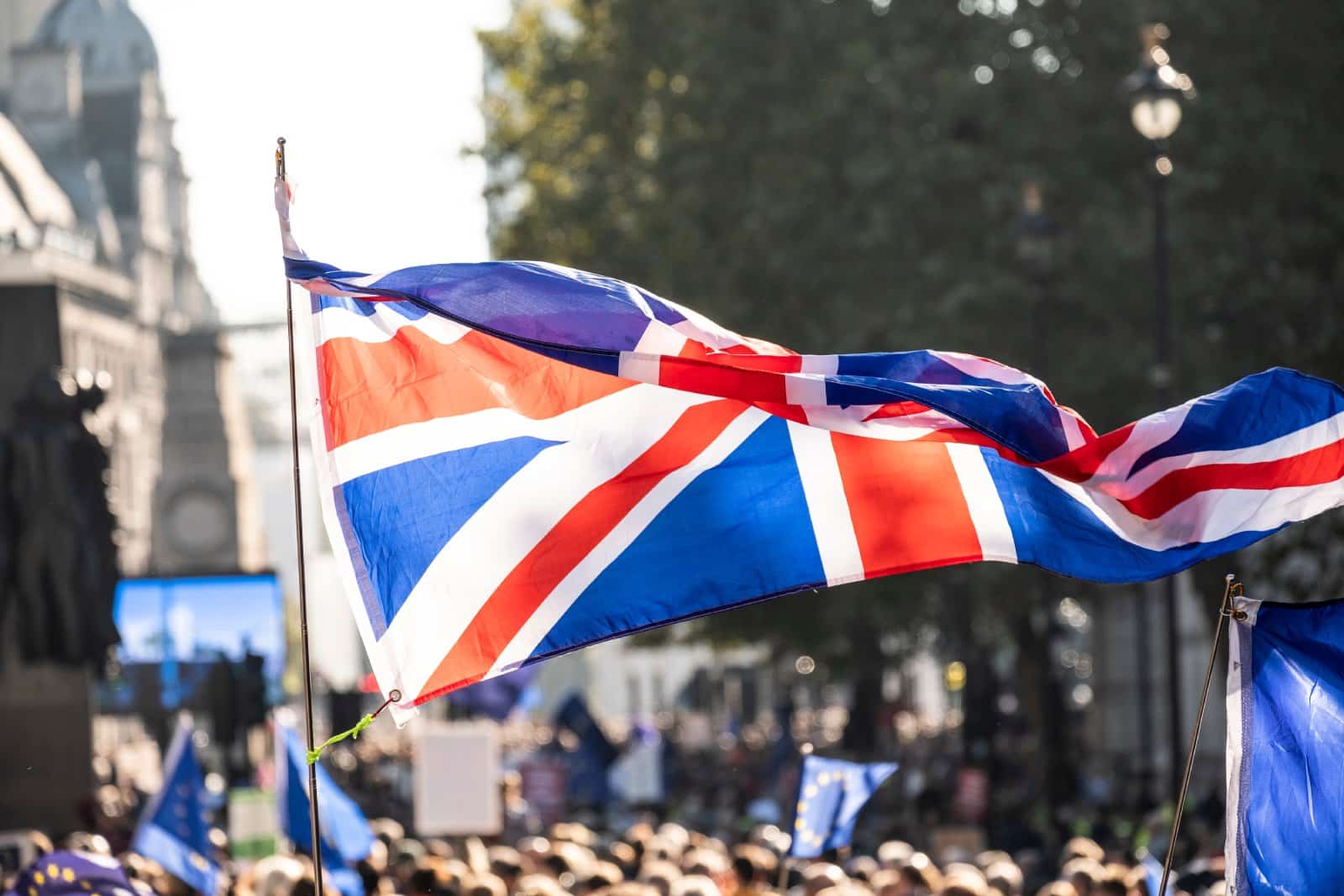
Legislation perceived as eroding civil liberties, such as the proposed policing bills that increase restrictions on protests, directly impacts millennials’ willingness to engage with the political system.
17. Voter ID Laws
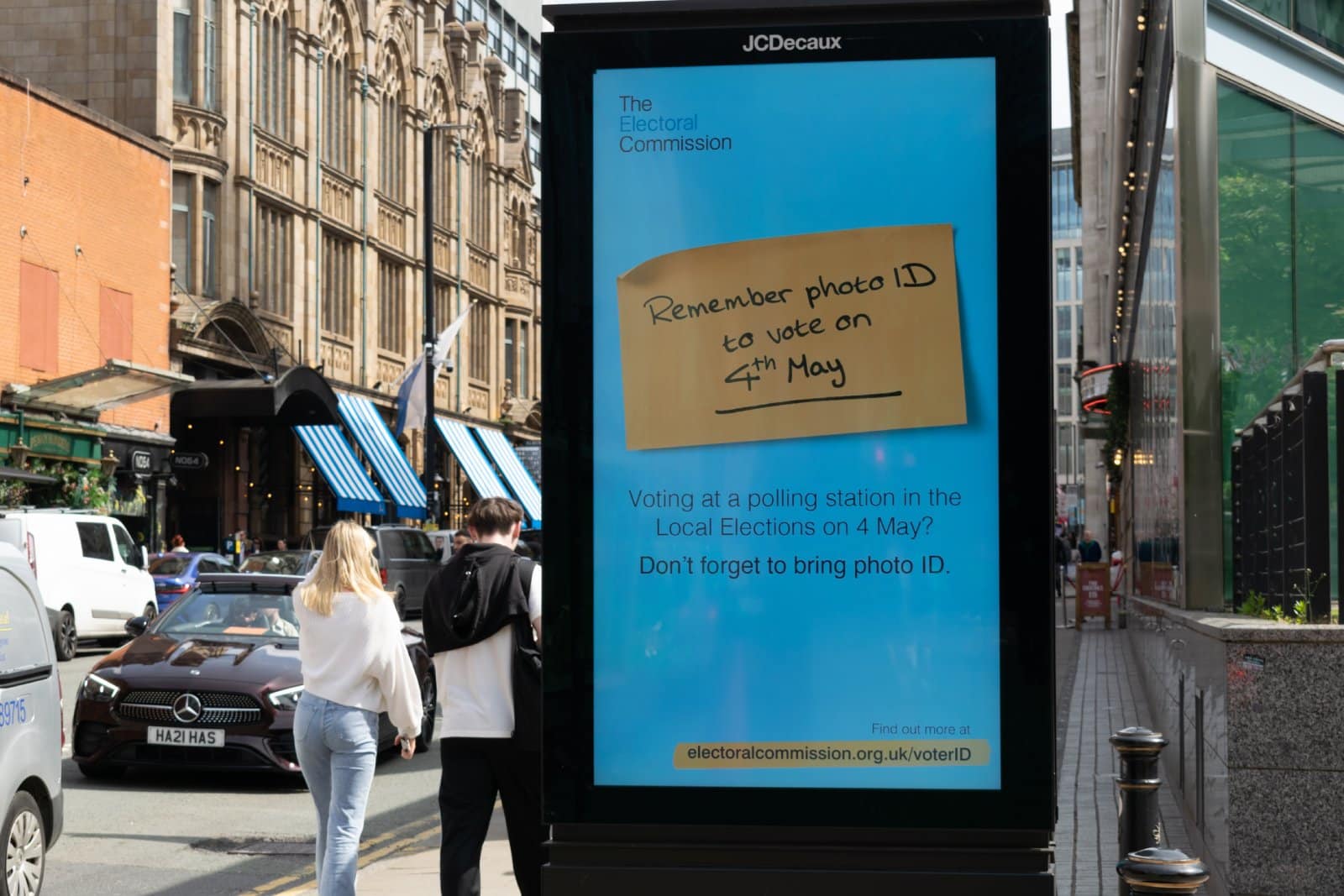
Proposals for voter ID laws are seen by many young people as unnecessary barriers to voting, potentially disenfranchising younger and less economically privileged voters.
18. Cybersecurity and Privacy Concerns

Concerns over cybersecurity and privacy, particularly regarding data misuse by political campaigns (as highlighted by scandals like Cambridge Analytica), diminish trust in the political process.
19. Educational System Failures

Perceived failures in the educational system, which does not adequately prepare students for civic engagement or critical thinking about politics, contribute to a lack of political literacy.
20. NHS Struggles
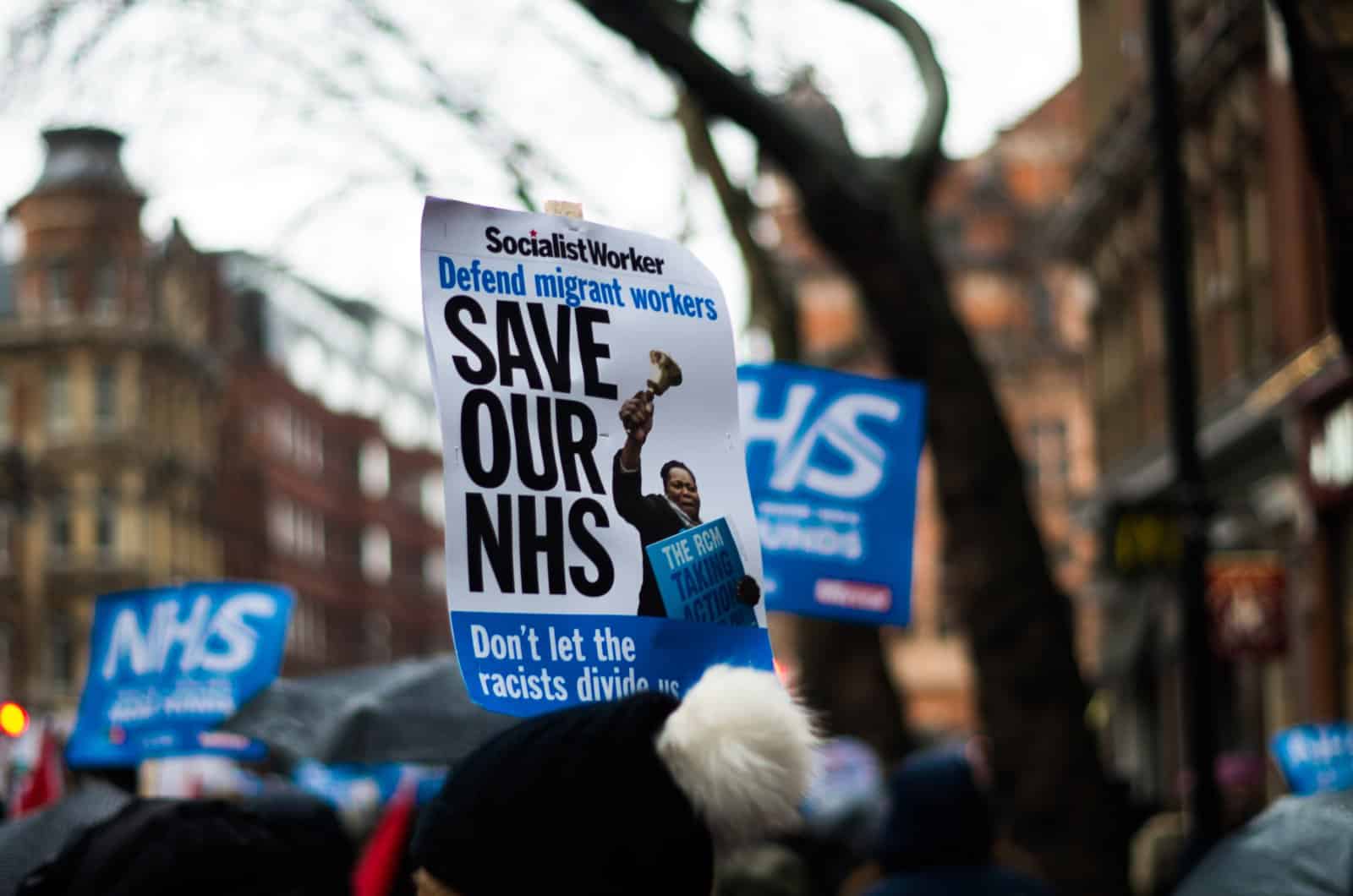
The ongoing struggles of the NHS, exacerbated by funding cuts and the COVID-19 pandemic, have left many millennials feeling let down by one of the UK’s most cherished institutions.
21. Lack of Effective Political Education

A lack of effective political education and engagement opportunities at the grassroots level leaves many millennials feeling disconnected from the actual mechanisms of political action and change.
Where’s the Will to Vote?
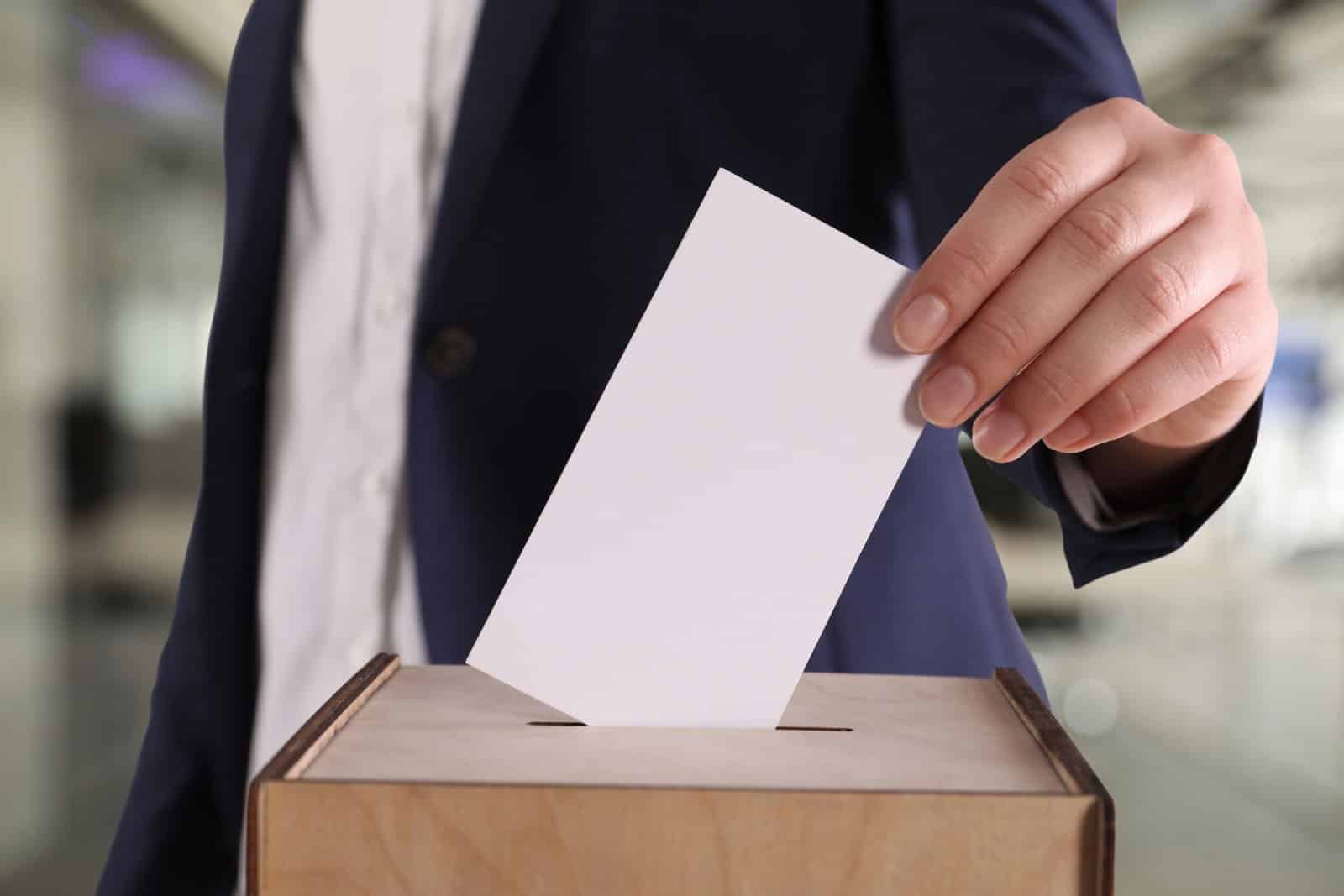
With such pervasive issues dampening their spirits and trust, it’s no wonder many millennials are stepping back from the ballot box. Only substantial, sincere changes might restore their faith and participation.
Featured Image Credit: Shutterstock / Tint Media.
For transparency, this content was partly developed with AI assistance and carefully curated by an experienced editor to be informative and ensure accuracy.

